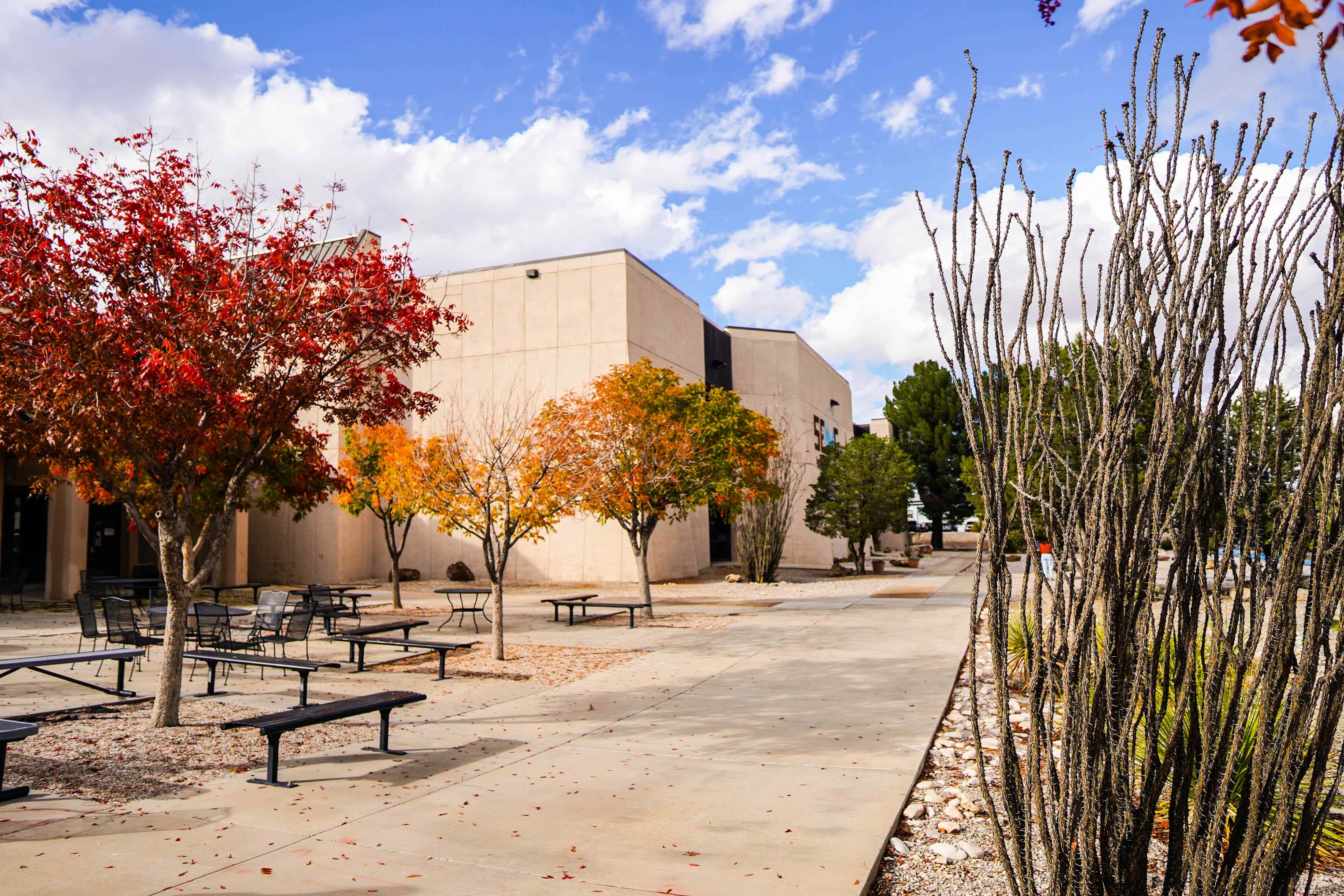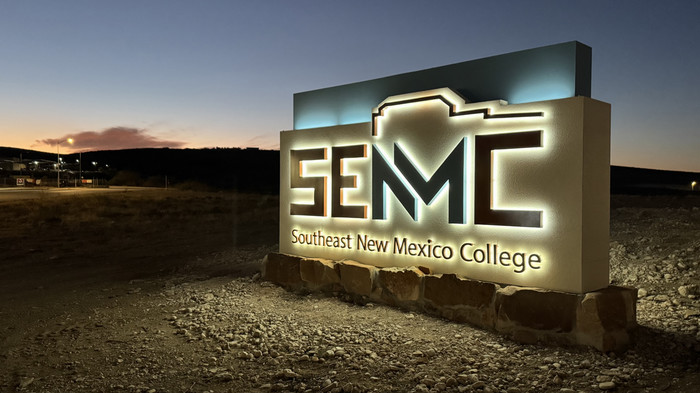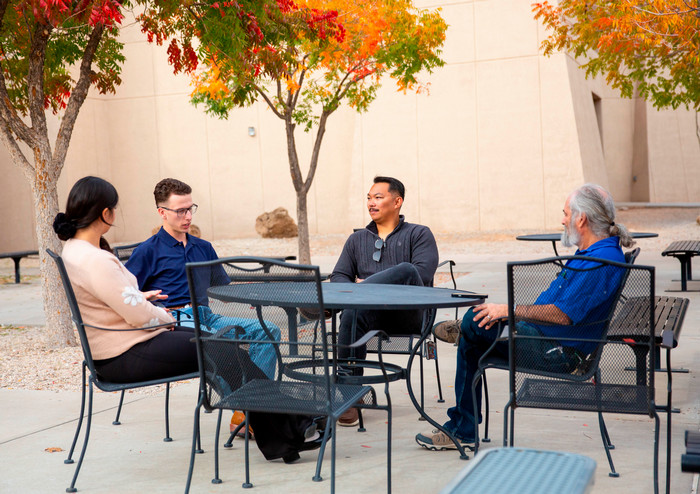Accountable for AI
Accountable for AI
Those of us who work in offices are becoming accustomed to receiving e-mails from various artificial intelligence (AI) programs after the end of a group discussion because someone used AI to record what transpired. It was a curiosity at first. I would read with some fascination at what it managed to get right as well as wrong.
Lately many of these AI platforms have started sending a small sample before requiring you to log in to their software to read the notes. I am sure many create an account and breeze through any agreement that must be confirmed. As for me, sharing any additional data about myself through the meetings I attend with another product that does little for me is not something I plan to do. I limit that privilege to those that truly make me more productive.
That, however, is a minor concern by comparison. The larger issue is relying on AI to take minutes and passing along its summary as something of use—a record resulting from human interaction about matters important enough to require a meeting. I do not want to read what AI thought the meeting was about. I want to know what someone who is accountable and responsible believes was said and agreed to. Once that happens, a review of the draft minutes becomes the responsibility of the attendees, who will, presumably, come to an agreement at a subsequent meeting about what the record will reflect.
This doesn’t mean that AI is not useful. It can summarize a meeting in a more succinct fashion than an audio recording. But that does not relieve anyone of the responsibility to take ownership of what occurred. Only the participants can do that.
There is much consternation around AI, particularly in education. We fear that AI is another step in the wrong direction as students rely on it rather than their own minds to create content. How can students find their own voice in their writing if AI does it for them? How can we train students to think and reason if AI provides pre-digested answers? These are critical matters for teachers, as we try and decide, once again, how to best prepare for a future that is still only a fuzzy concept in our mind’s eye.
For me, it is questions like these that make being an educator so rewarding. We are working to shape the next generation. This time the challenge is AI. It is possibly the biggest one we have faced because AI can write, and for many of us, clear writing is the best indicator of clear thinking. But in other ways it is not so different than the hurdles of yesterday. Calculators, spreadsheets, graphic design programs, and web search engines all make something essential easier. Each captured, in computer code, the expertise and knowledge of so many who came before it. Time consuming processes prone to errors became faster and more efficient. Yet in every case, someone was still responsible for the product. Even in our increasingly complex world, this will remain true.
It is a key understanding that we are sharing with students. They have something far more amazing than AI that can never be taken away: agency. They get to shape the thoughts that they claim as their own. For as long as we can remember we have stood on the shoulders of the giants who came before us. Once again we, collectively, will decide what understandings become the foundation of our tomorrow.
Kevin Beardmore, Ed.D., is the President of Southeast New Mexico College. He may be reached at kbeardmore@senmc.edu or 575.234.9211



